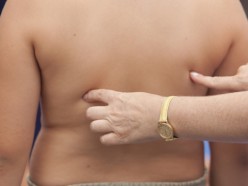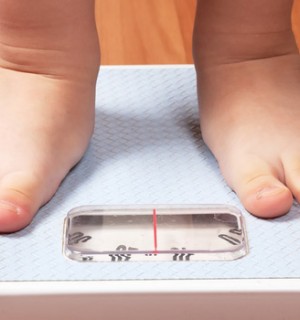Diabetes can be a difficult and frightening condition for anyone, especially children.
After eating, the body breaks down food into glucose, which is then absorbed into the bloodstream. This causes blood sugar levels to rise, prompting the pancreas to make insulin that allows glucose into cells. In a diabetic, the body does not respond by making insulin, causing glucose to stay in the bloodstream. This process can be difficult for children to understand, and the care involved with controlling diabetes can be complicated as well.
Diabetes Types
Type 1 diabetes is characterized by the pancreas’ inability to make insulin. With this type of diabetes, the immune system attacks and destroys cells that make insulin, resulting in a lifelong disease that cannot be prevented. It is unknown what causes type 1 diabetes, but genetics and exposure to certain viruses may play a role.
In type 2 diabetes, the body makes insulin, but not enough to be considered a normal response to glucose. This type of diabetes is less common in children, but still a possibility, especially in children who have a body mass index higher than the 85th percentile. Being overweight or obese increases the risk of type 2 diabetes because fatty tissue is more resilient to insulin.
A child with either type of diabetes may experience frequent urination due to his or her kidneys flushing out extra glucose. He or she may also experience excessive thirst or feel tired because of the lack of glucose in the body. Other symptoms include irritability, increased hunger, and yeast infections (in young girls). If diabetes is suspected, a doctor will test for blood sugar levels in order to provide an accurate diagnosis.
Maintenance
Children with diabetes need to monitor blood sugar levels and pay attention to the timing of meals. A diabetic child may need oral medication or insulin injections. He or she will need to watch for signs that blood sugar is irregular, such as sweating, dizziness, confusion, poor coordination, thirst, and blurred vision, in which case blood sugar will need to be tested and insulin will need to be adjusted accordingly. Staying up to date on injections or medication is very important, because diabetes can lead to heart disease, nerve damage, kidney damage, or osteoporosis later in life.
Encouragement
Diabetes can be an overwhelming diagnosis for a child. Counseling can help him or her to talk openly about the condition and stay positive. It is important for the whole family to be involved in treatment, and everyone who cares for your child during the day should be aware of the diabetes diagnosis. It may help if he or she is encouraged to have a role in his or her own care, and should be guided to make wise and healthy choices.














.jpg&w=300&h=320)
.jpg&w=300&h=320)
.jpg&w=300&h=320)
















